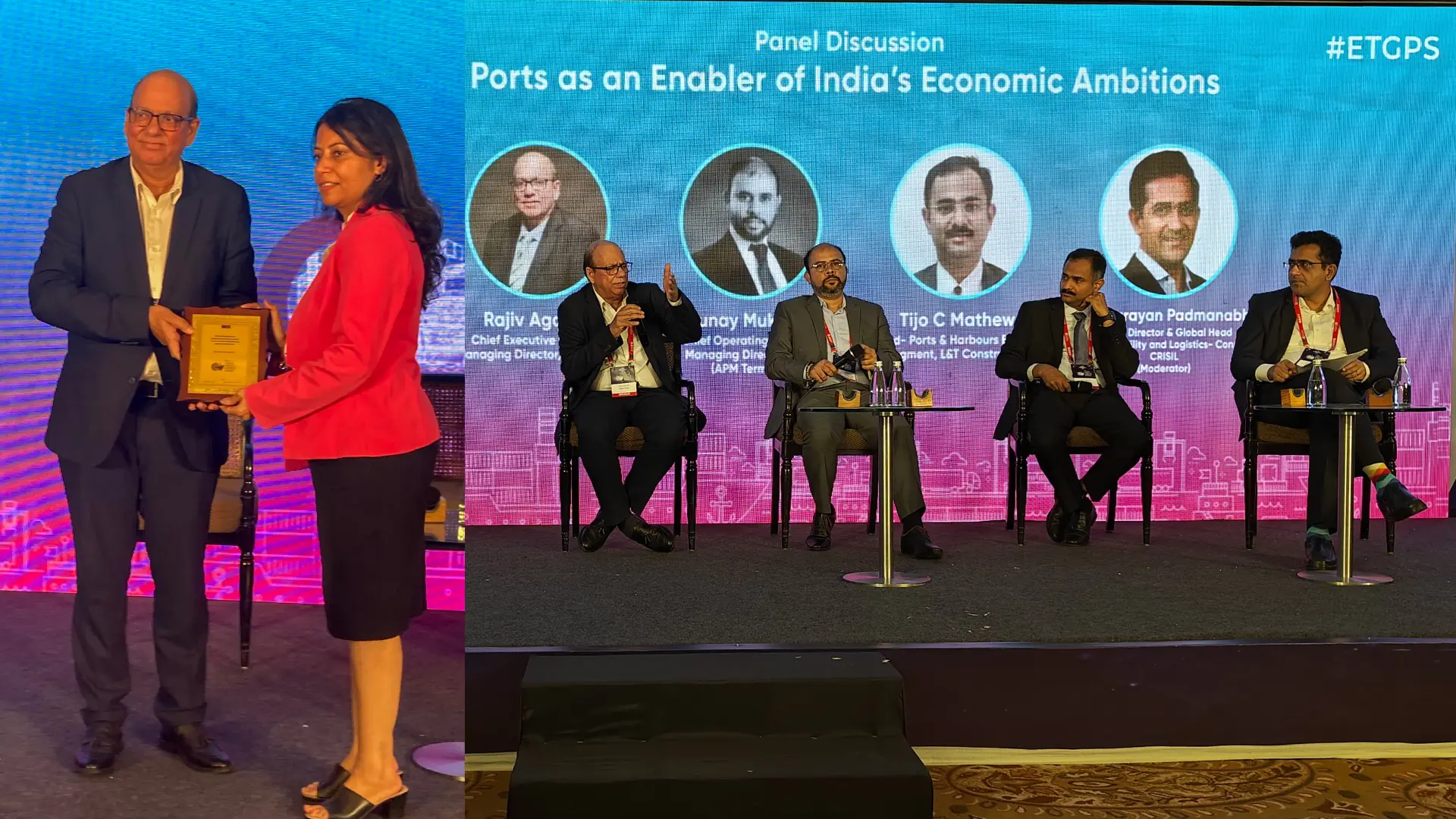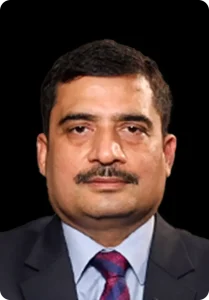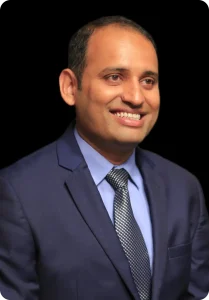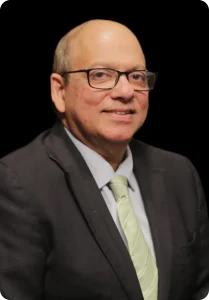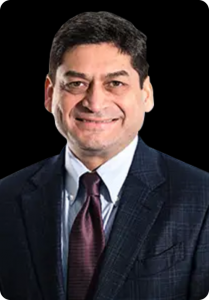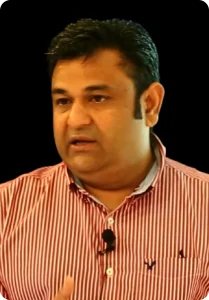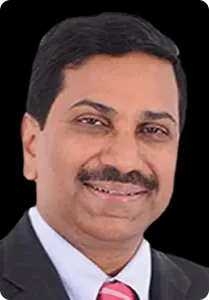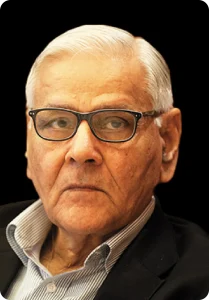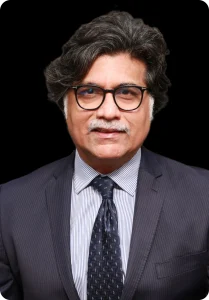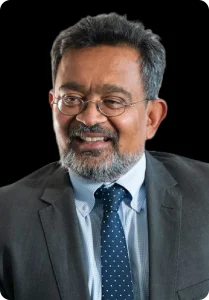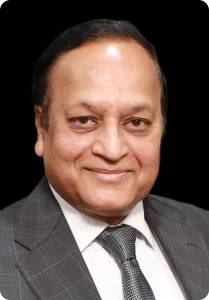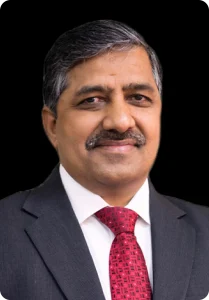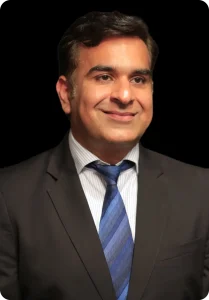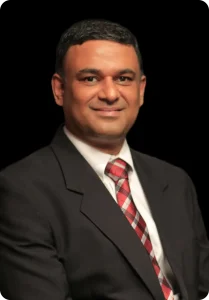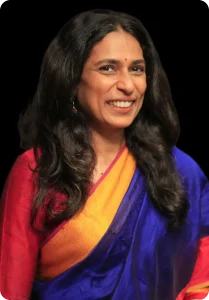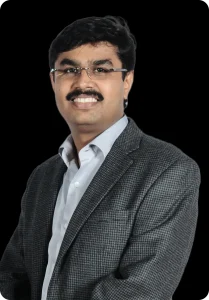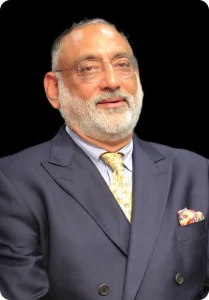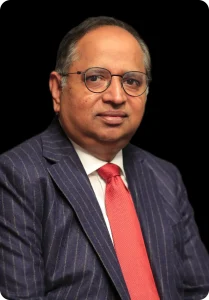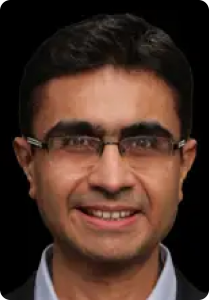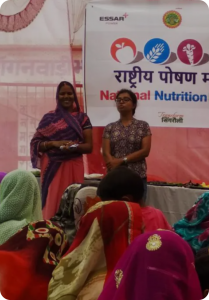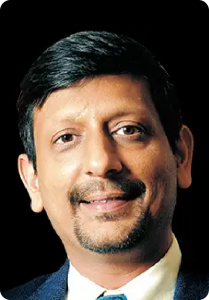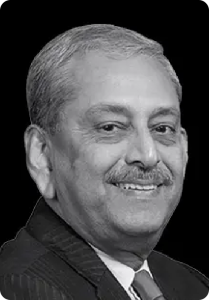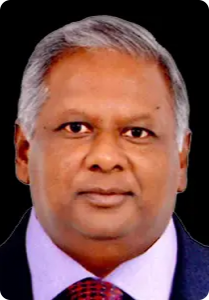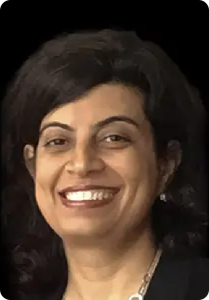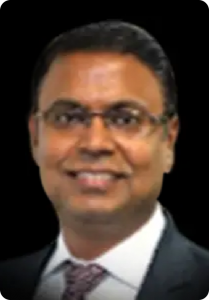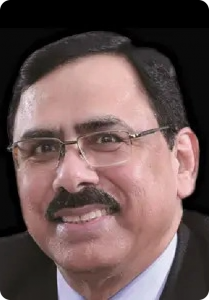Essar Ports, a pioneer in India’s maritime sector, participated in the second edition of the Global Ports & Shipping Summit hosted by ET Infra in Mumbai. The event, which brought together key stakeholders across the maritime industry, offered a platform for insightful discussions on India’s evolving port infrastructure, investment opportunities, and the role of ports in driving economic growth.
Rajiv Agarwal, CEO and Managing Director of Essar Ports, was a featured panelist in a session titled “Ports as an Enabler of India’s Economic Ambitions.” Alongside industry leaders such as Sunay Mukerjee, COO and MD of Gateway Terminals India (APMT Mumbai), and Tijo C. Mathew, Head of Ports & Harbours at L&T Construction, Mr. Agarwal shared valuable insights on India’s maritime landscape.
During the discussion, Mr. Agarwal highlighted Essar’s journey in port development, which began in the 1980s. He emphasised how the company has evolved from basic infrastructure to establishing cutting-edge port terminals, including Greenfield projects in Hazira, Vadinar, and Salaya. Essar’s focus on innovation has led to enhanced cost-effectiveness and operational efficiency across its terminals, solidifying its leadership in the sector.
Mr. Agarwal also addressed the significant transformation of India’s ports, moving from labor-intensive operations to highly mechanized facilities. This shift, primarily driven by the Public-Private Partnership (PPP) model, has enabled substantial investments in technology, leading to faster turnaround times, increased throughput, and improved storage capacities at ports.
Commenting on railway connectivity for seamless logistics, Mr. Agarwal emphasised the importance of integrating multimodal transport systems, including railways, roadways, pipelines, and seaways, to enhance port efficiency. He also talked about creating a seamless logistics environment that reduces cargo handling times and improves overall supply chain performance. He highlighted the strategic advantages of increasing port draft to accommodate larger vessels, such as Capesize ships, further enhancing capacity and reducing shipping costs.
Reflecting on emerging trends, Mr. Agarwal discussed Essar Ports’ transition towards sustainability and green energy. The company is aligning its operations with global environmental goals by enabling the transport of green energy sources like hydrogen, green ammonia, biofuels, and sustainable aviation fuels (SAF).
In conclusion, Mr. Agarwal touched upon the significant growth potential of India’s economy, emphasising the need for substantial investment in infrastructure to reach long-term targets. He highlighted the competitive landscape between private port operators and government entities, advocating for a more level playing field. Additionally, he noted the importance of establishing credible shipping companies in India and suggested the creation of a holding company for major ports to enhance transparency and attract investment.

